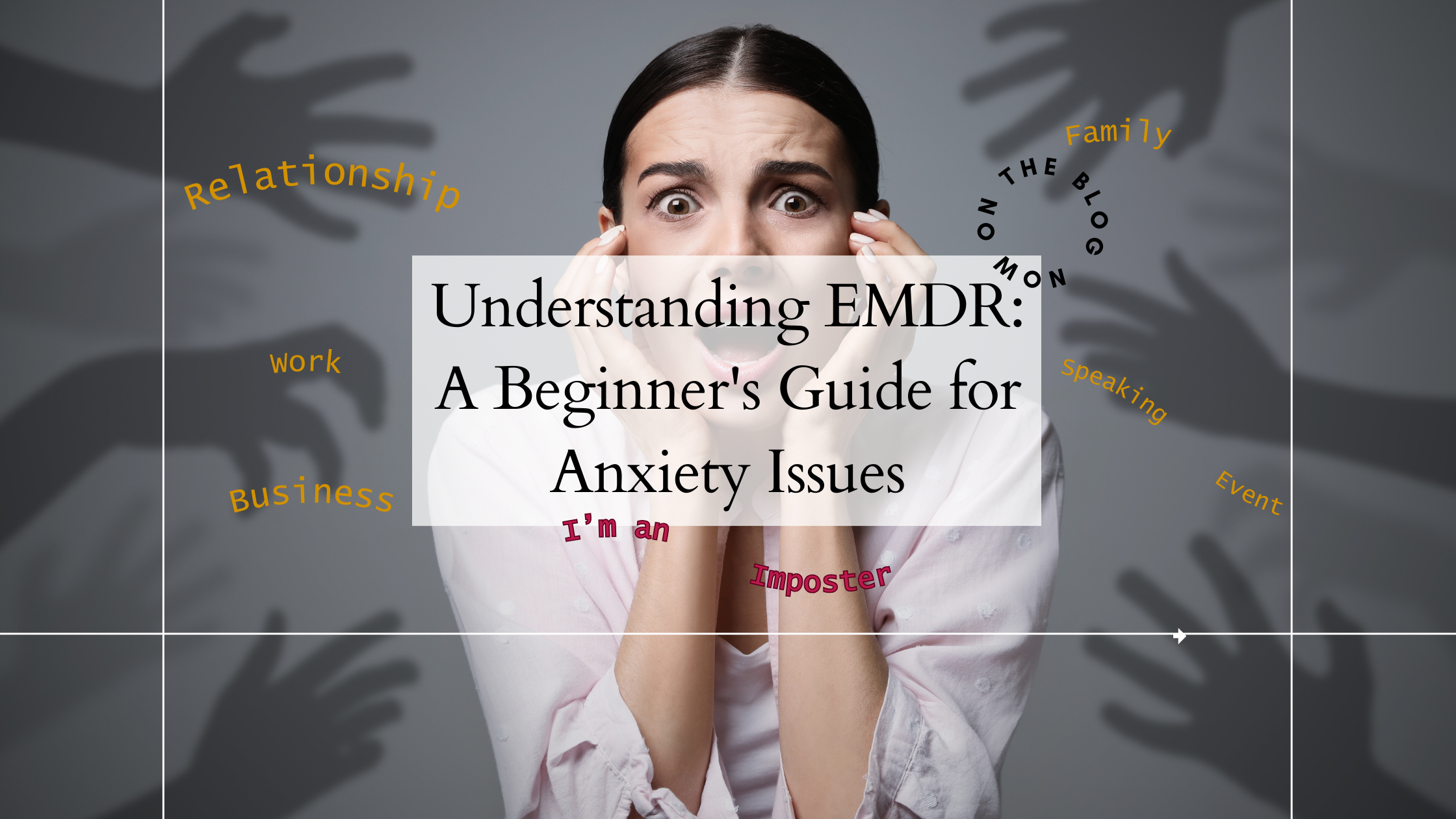In the realm of therapeutic interventions, Eye Movement Desensitization and Reprocessing (EMDR) stands out as a potent tool for addressing a variety of mental health challenges, most notably anxiety. For those unfamiliar with EMDR, its name may sound complex, but its principles and benefits are grounded in comprehensible and evidence-based practices. Let's delve into a beginner's guide to EMDR, focusing specifically on its efficacy in managing anxiety.
What is EMDR?
Eye Movement Desensitization and Reprocessing, or EMDR, is a therapeutic approach developed in the late 1980s by Francine Shapiro. Initially designed to alleviate the distress associated with traumatic memories, EMDR has since evolved and is now recognized as a valuable technique for treating various mental health issues, including anxiety disorders.
Understanding Anxiety
Before diving into how EMDR can help with anxiety, it's crucial to understand what anxiety is. Anxiety is a natural response to stress, but when it becomes persistent and overwhelming, it can significantly impact one's quality of life, whether it be their personal or professional life. Symptoms of anxiety may include excessive worry, restlessness, irritability, and physical manifestations such as rapid heartbeat or trembling.
How Does EMDR Work for Anxiety?
The underlying principle of EMDR is the belief that distressing symptoms arise when traumatic or adverse events are inadequately processed and stored in the brain. Through a structured eight-phase approach, EMDR aims to help individuals reprocess these memories, allowing the brain to integrate them more adaptively.
During an EMDR session focused on anxiety:
- Identification: Together with a trained therapist, individuals identify specific memories or triggers contributing to their anxiety.
- Desensitization: Using bilateral stimulation, which can involve eye movements, taps, or sounds, the therapist helps the individual process the distressing memory while simultaneously experiencing the present moment.
- Reprocessing: As the distressing memory is revisited and processed, its emotional intensity diminishes, and new, more adaptive beliefs can emerge.
- Integration: Over time, the individual can integrate this newly processed information, reducing the power of the anxiety-provoking memory.
Benefits of EMDR for Anxiety
- Targeted Approach: EMDR allows individuals to address specific memories or triggers contributing to their anxiety, offering a targeted treatment approach.
- Lasting Relief: By reprocessing traumatic memories, EMDR can lead to long-lasting relief from anxiety symptoms, even after a relatively short intervention period.
- Holistic Healing: EMDR addresses not only the symptoms but also the root causes of anxiety, promoting comprehensive healing and well-being.
EMDR offers a promising avenue for individuals grappling with anxiety, providing a structured yet adaptable approach to reprocessing distressing memories and alleviating associated symptoms. As with any therapeutic intervention, it's essential to work with a qualified and experienced therapist trained in EMDR to ensure a safe and effective treatment experience. If anxiety has been holding you back from leading a fulfilling life, exploring EMDR may be a step towards reclaiming your well-being and joy in your personal and professional life!

